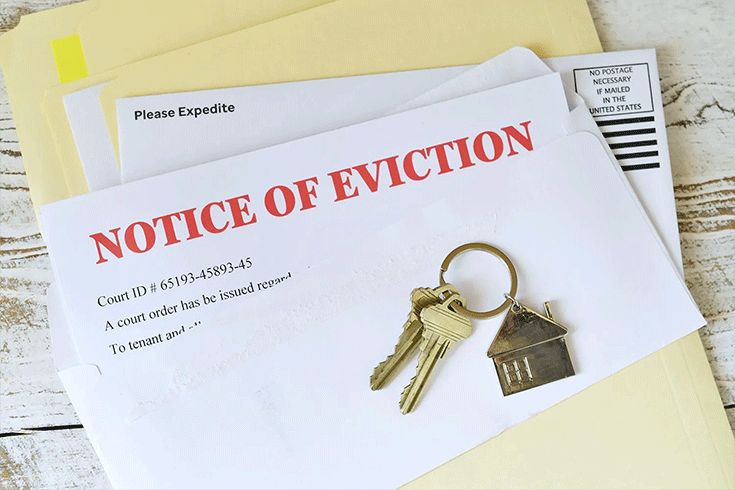
Facing eviction from your home can be a stressful experience, especially if it feels unjust. In the UAE, there are clear laws and rights designed to protect tenants from unfair evictions. Knowing these rights can help you navigate the situation and seek proper compensation if needed.
Understanding what qualifies as an unjust eviction is the first step. Landlords sometimes wrongfully terminate leases for personal gain or other reasons. This not only disrupts your life but may also be against the law. If your landlord fails to follow legal procedures, you have the right to take action.
The legal landscape in the UAE offers protections for tenants. Various steps can be taken to claim compensation and ensure you are treated fairly. Knowing your rights and the proper channels to address issues can make a significant difference in resolving disputes.
Understanding Unjust Evictions in the UAE
An unjust eviction occurs when a landlord removes a tenant from a property without following legal procedures. In the UAE, landlords must have a valid reason for eviction. Common legitimate reasons include the landlord wanting to sell the property, move in themselves, or make significant renovations. Even in these cases, landlords must provide proper notice as stipulated by law.
Sometimes, landlords may try to evict tenants for personal gain, such as raising the rent for a new tenant. Evictions for these reasons are unlawful if they don't adhere to legal protocols. An eviction without a valid reason or without the required notice period can be challenged by the tenant.
It's essential for tenants to understand what constitutes an invalid eviction. Knowing your rights helps you recognize when an eviction attempt is unlawful. If you believe your eviction falls under this category, gathering evidence will be crucial for any legal action you might take.
Legal Rights and Protections for Tenants
The UAE has strict laws to protect tenants from unfair practices. One important protection is the requirement for landlords to provide a minimum of 12 months' notice for eviction if they plan to sell the property or move in. This notice must be given in writing and sent via registered mail.
Tenants also have the right to contest an eviction in the Rental Dispute Settlement Centre (RDSC) if they believe it is unjust. The RDSC handles disputes between landlords and tenants, offering a platform to resolve issues according to UAE law.
Another key protection is the rental cap, which limits how much rent can be increased each year. If a landlord tries to evict a tenant to bypass this cap and charge a higher rent to a new tenant, the tenant has the right to file a complaint. Tenants can also seek compensation if the landlord fails to honor the lease terms.
Knowing these rights allows tenants to take informed actions to protect their living arrangements. Keep all rental agreements, correspondence, and receipts to support your case if a dispute arises. Taking these steps ensures that you are well-prepared to handle any unjust eviction attempts.
If you experience an unjust eviction, follow these steps to seek compensation:
1. Gather Evidence: Collect all relevant documents, such as your rental contract, eviction notice, and any correspondence with your landlord. Take photos or videos of the property if necessary.
2. File a Complaint: Submit a complaint to the Rental Dispute Settlement Centre (RDSC). Provide all your evidence and explain your case clearly.
3. Attend Hearings: Be prepared to attend hearings where you will present your case. Bring all your documents and any witnesses who can support your claims.
4. Seek Legal Advice: Consider consulting a lawyer with experience in UAE property laws. They can help you navigate the legal procedures and increase your chances of a favorable outcome.
5. Await the Ruling: After the hearings, the RDSC will issue a ruling. If the decision is in your favor, you may receive compensation for damages, such as moving costs or higher rent at a new property.
Taking these steps ensures you stand a better chance of securing the compensation you deserve. Proper documentation and legal guidance are key factors in the success of your claim.


